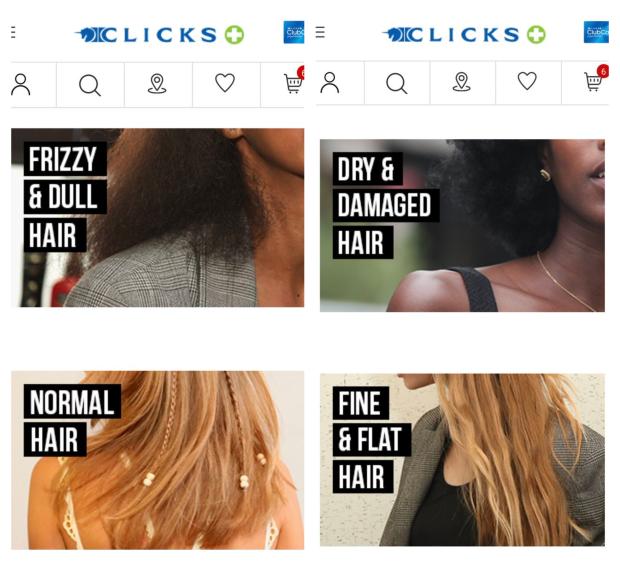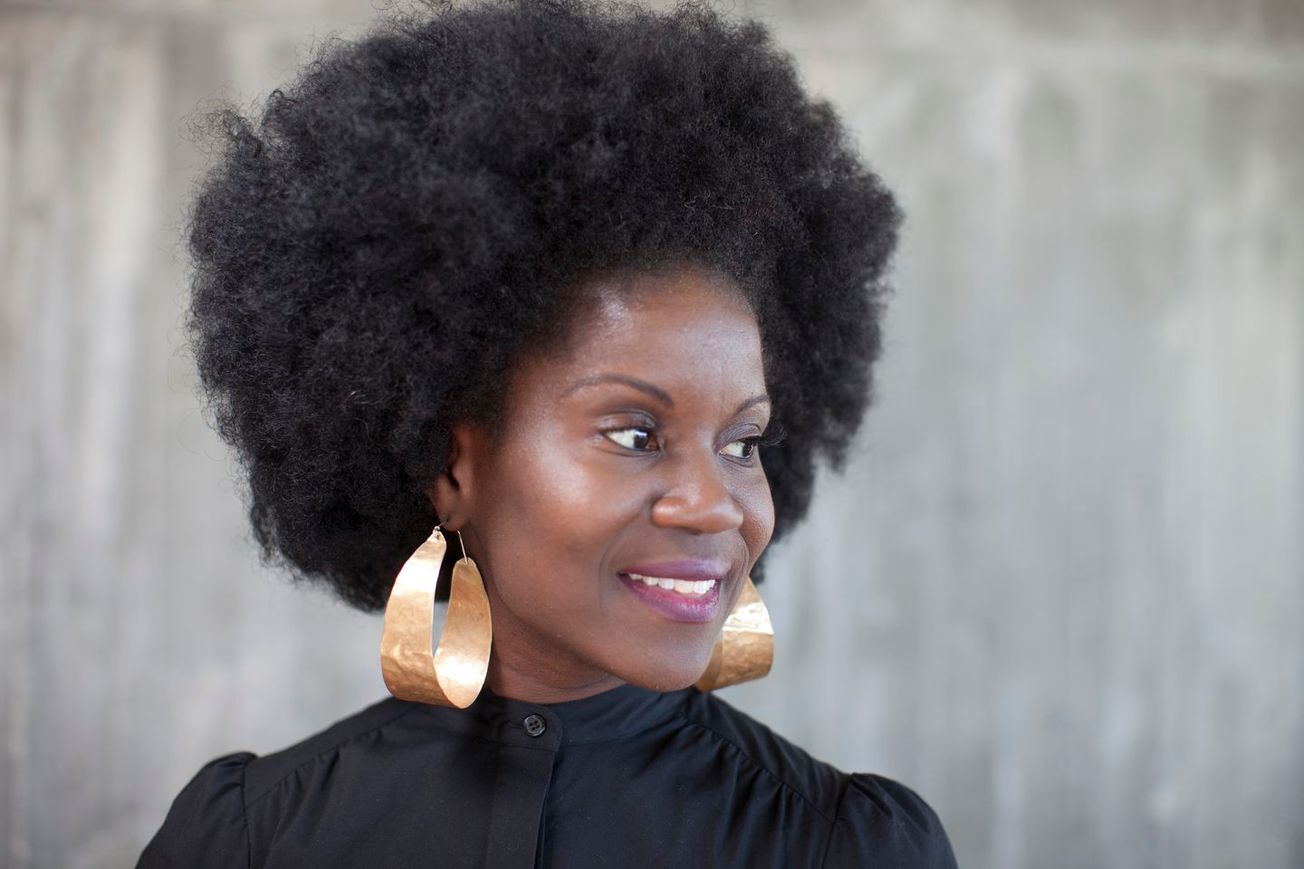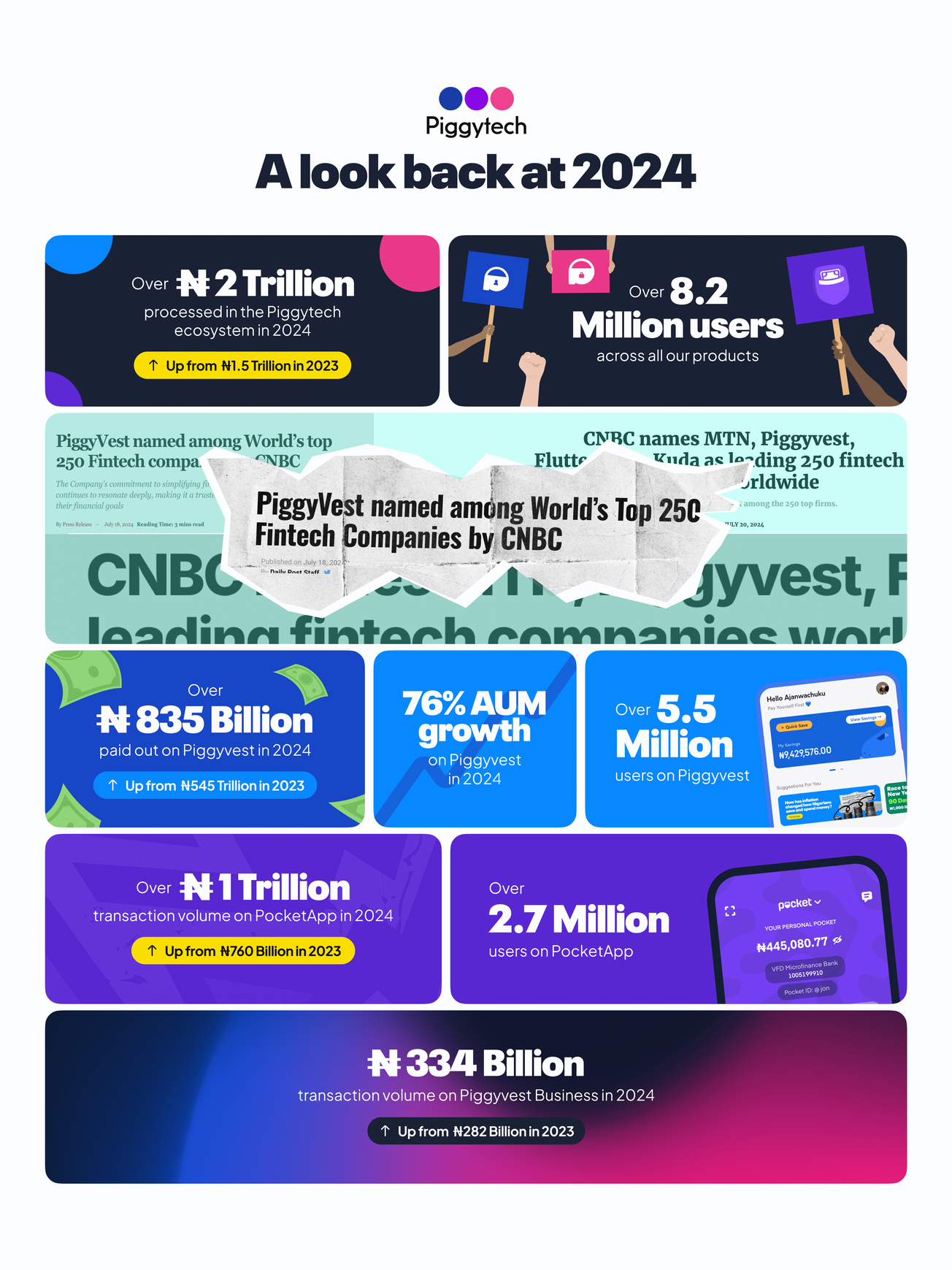Black women wearing natural hair styles are often seen as less professional than those who straighten their hair, a new study finds.
The research, forthcoming in Social Psychological and Personality Science, indicates that a bias against afros, dreadlocks, braids, cornrows and other natural Black styles may keep those job seekers from opportunities.
Researchers asked 480 study participants to play the role of recruiters assessing job candidates and rate images of both Black and White women on their professionalism and competence.
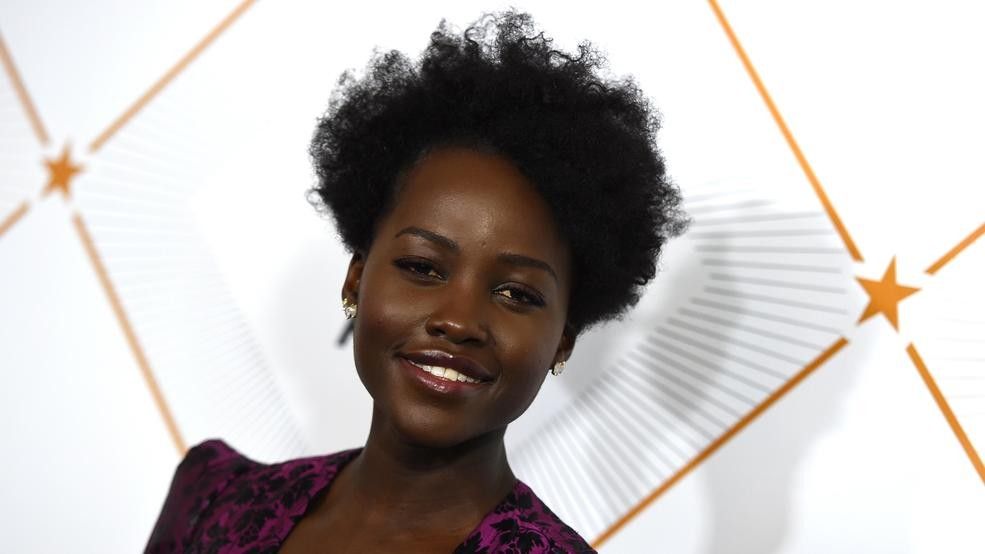
Black women with natural hairstyles scored lower on those metrics than those with straightened hair and than White women with curly or straight hair.
In another one of the four experiments, two separate groups of 310 people evaluated the same Black job candidate with different hair styles.
The participants who saw her with straightened hair graded her as more "polished, refined and respectable" and more strongly recommended her for an interview, according to the research. White women got the same ratings no matter what they looked like.
"This bias exists and this is not trivial," said Ashleigh Shelby Rosette, a senior associate dean at Duke University's Fuqua School of Business, one of the co-authors of the study. "The decisions that are made based upon the way in which a person looks can substantially influence their career trajectory or whether they're even allowed to be in an organization."
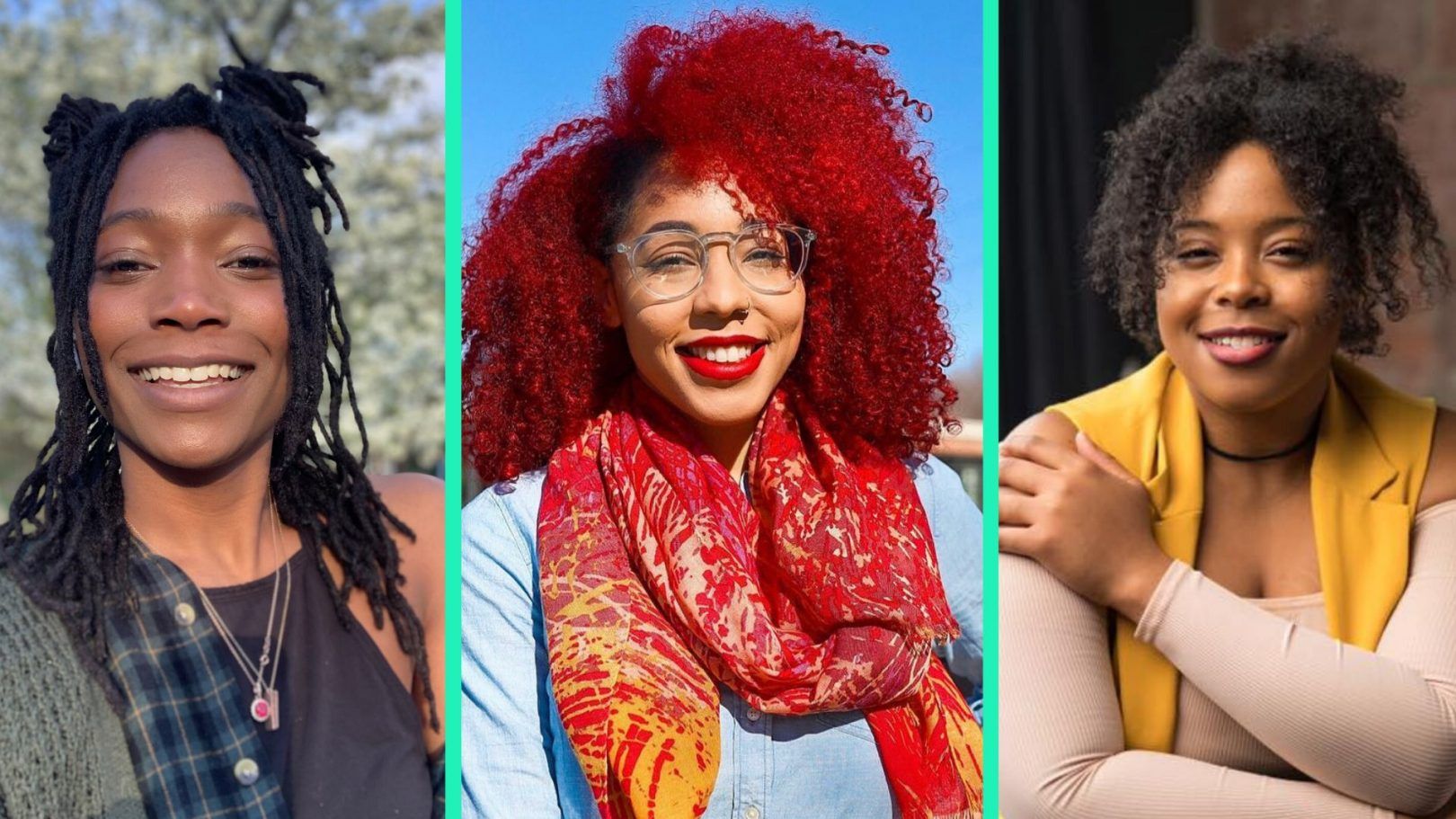
Seven states have laws that prohibit discrimination based on hair type and texture. One survey found that Black women were 1.5 times more likely to report being sent home or know of someone Black who was sent home from the workplace because of her hair.
To avoid discrimination, companies should consider using "blinding" in their hiring processes by removing a person's name or other information that hints at gender or race from an application or assessment, Rosette said. That, however, won't fully address the issue during in-person or video interviews.
"The extent to which you're communicating race in some way can be detrimental to the likelihood of you being hired," Rosette said.
This study's findings seemingly confirm the need for the activism for black hair generated by a grossly misplaced Clicks advert that berated black hair as "dry and damaged". And while the South African beauty and pharmaceutical retailer has issued an apology for putting out such an advert, we look forward to seeing the world learn that hair types are no reason to exclude black women (or men) from economic, financial or social opportunities.
